Wandering and Elopement
Nursing Homes Have a Duty to Prevent Residents from Wandering and Elopement
Nursing homes need to have sufficient numbers of adequately trained staff to supervise, monitor and assess the residents to ensure they remain safe and are not at risk for wandering and elopement. Generally, the terms “wander” and “elopement” are used when a resident leaves a part of the facility or the building itself without notifying staff. Senior nursing home residents that wander can get into dangerous situations such as traffic or encountering adverse weather conditions, such as extreme cold, leading to injuries ranging from frost bite to hypothermia and death.
Often a senior that leaves the facility can be gone hours before anyone may even notice they are missing from the nursing home. Residents can become disorientated and are often unable find their back to the facility or seek assistance on their own. Before the development of electronic monitoring devices, such as tag alarms nursing home residents would have more restrictions in their activities to allow for supervision. It is important that the nursing home have enough well trained staff and the necessary monitoring equipment to allow the resident as much freedom as possible, without putting them at risk for injuries related to wandering and elopement. Generally elopement is used to describe a resident that actually leaves the facility without being observed.
Usually, a resident that wanders or elopes has orders from their doctor to be supervised and may even be required to wear electronic monitoring. Nursing homes may have insufficient staff to adequately monitor the residents allowing a person to exit the building unnoticed. The facility may have also failed to implement or respond to alarms and monitors designed to alert the staff when a resident leaves a designated area.
Residents Need Supervision to Prevent Wandering and Elopement.
According to federal regulation Freedom from abuse, neglect and exploltation, accidents. The facility must ensure that — (1) The resident environment remains as free of accident hazards as is possible; and (2) Each resident receives adequate supervision and assistance devices to prevent accidents. (this includes risks from wandering and elopement)
How can Care Facilities Reduce the risk of Wandering and Elopement
- Use of electronic tag alarm that clips on the shirt of resident and alerts when they get up from bed or a chair.
- Use an electronic “wander guard bracelet” or “life alert system” to alert when the resident leaves the floor of the nursing home.
- Make sure that there is adequate staffing levels in the nursing home, sufficient to attend to the needs of the residents.
- Properly monitor the residents who are ambulatory and suffer from cognitive deficits.
Wandering and elopement occurs when a resident with compromised cognitive ability is able to depart the building or walk around unsupervised and undetected. All patients have the right to go where they have been determined to require supervision and monitoring to be kept safe. If wandering and elopement occurs, it is often because of the lack of care provided by the nursing home staff. It is the responsibility of the nursing home staff to ensure that all patients are accounted for and kept free from accident. If someone you love has been permitted to elope or wander and has suffered the consequences, then it is important you contact an experienced lawyer familiar with law pertaining to cases against nursing home facilities.
Contact an Experienced Attorney
After an incident is important to hold the facility accountable to ensure that the nursing home learns from the incident and implements necessary policies and procedures to keep their residents safe from accidents and injuries related to wandering or elopement. For a free consultation with Attorney Kenneth L. LaBore call 612-743-9048 or call him toll free at 1-888-452-6589 or send an email to: KLaBore@MNnursinghomeneglect.com. Disclaimer


